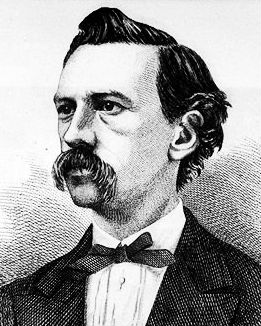Napoléon Roussel: How Not to Preach

Pamphilus
The second preacher whom Napoléon Roussel presents as an example not to be followed – Pamphilus – is a bore. When preaching, he keeps repeating the same three or four ideas, and varies only the order in which he presents them. By proceeding in that manner, this pulpit speaker, who is often found in orthodox circles, ends up boring his audience. Although he claims to preach nothing but Christ crucified (thereby ignoring the great riches of the teachings of Scripture), Pamphilus actually indulges in laziness and ignorance. Roussel underlines how serious the consequences are:
“I do not say that a preacher has to possess and engage with all the fields of science (although this would be great), but I have to say that if Pamphilus at least bothered to examine the Bible and his own heart, he would discover in them a great diversity of riches the existence of which he would not even have dreamt of.”
This would make the sermon more interesting, both for the speaker and his audience. But Pamphilus does not care:
“He has his system, which he has prepared in advance, and all he expects from the Gospel is what an attorney-at-law expects from the law: texts that confirm his convictions.”
According to Roussel, behind this approach there is not only laziness but also arrogance and even a lack of faith.
“If we were more deeply persuaded that it is God who speaks [in the Bible], we would respectfully listen rather than interrupting the Lord to dictate to him what he should tell us.”
By neglecting the study of his own soul, Pamphilus misses “profound abysses” the exploration of which would help him to better know his fellow human beings, but also to see that his inner being constantly changes. As he neglects this, Pamphilus lacks profoundness.
“Oh Pamphilus, just be yourself – not what you were yesterday, but what you are today, what you are right now. Be true – and you will be interesting.”
Back to chapter 1 (Eusebius) - Go to chapter 3 (Cyril)
Back to the index |